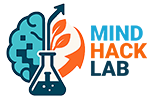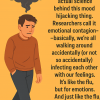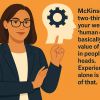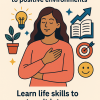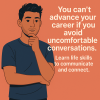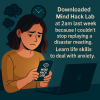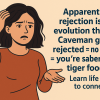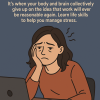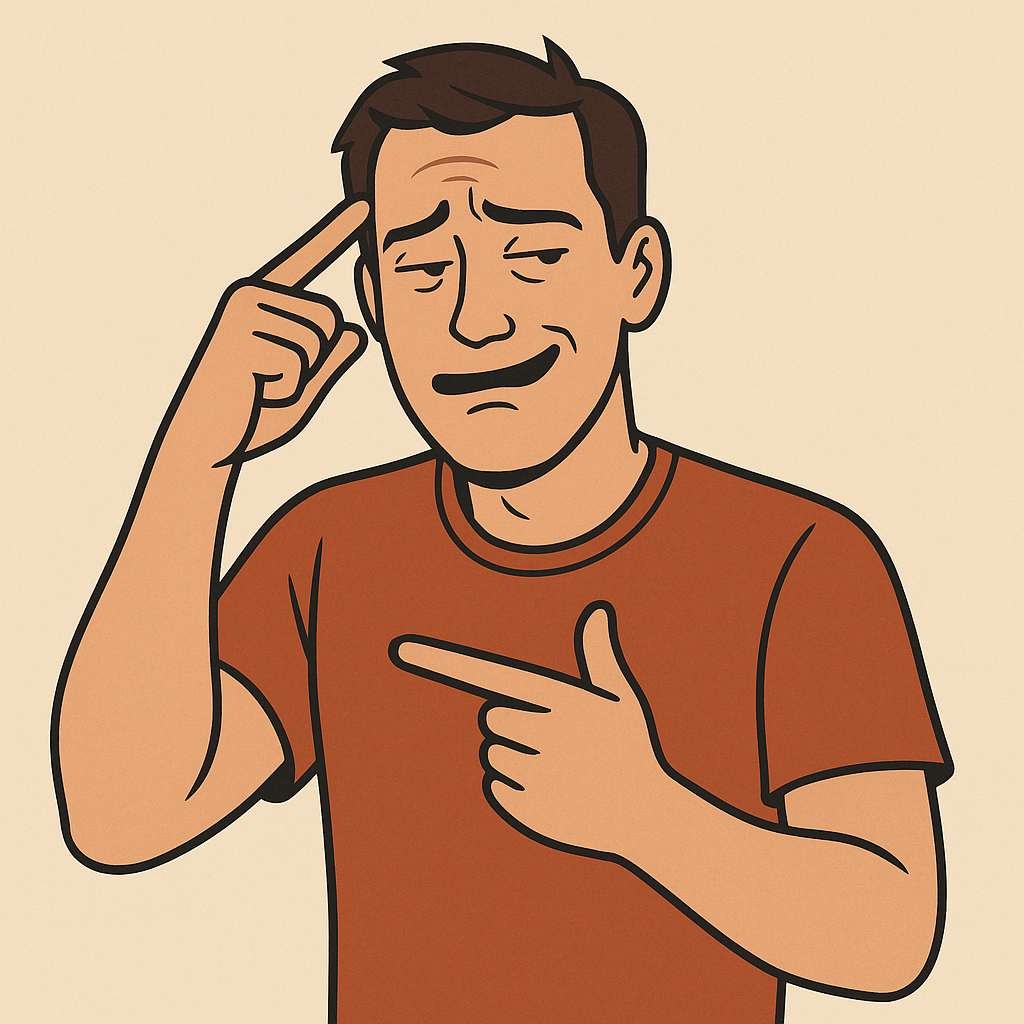
That Book About How Your Brain Is an Asshole
A 4:23 AM review of The Undoing Project by Michael Lewis
So I just finished The Undoing Project at 4:23 AM because apparently my brain thinks 'bedtime' means 'perfect time to consume 300 pages about cognitive biases.'
You know that thing where you KNOW you're making a stupid decision but you do it anyway? Like when you check your ex's Instagram even though you KNOW it'll make you spiral? Or when you convince yourself that THIS TIME you won't panic during the quarterly review even though you've panicked during every quarterly review since 2019?
Yeah. Turns out there's science for why we're all predictably stupid.
The Science of Being Predictably Stupid
The book's about these two Israeli psychologists - Kahneman and... fuck what was the other guy's name? Tversky. Right. They basically proved that humans are terrible at thinking. Like, scientifically terrible. Not just me-at-3am-terrible but everyone-all-the-time-terrible. Started working together in the late 60s after Tversky showed up to heckle one of Kahneman's lectures about how fighter pilots learn (spoiler: they don't, they just regress to the mean).
They discovered all these "cognitive biases" which is basically fancy words for "ways your brain lies to you." Remember the Linda problem? Where they tell you Linda is a bank teller who was super into social justice in college and then ask if it's more likely that (a) Linda is a bank teller or (b) Linda is a bank teller AND active in the feminist movement? Everyone picks B even though it's mathematically impossible for B to be more likely than A because B is literally a subset of A and I'm getting stressed just typing this.
Why This Explains My Meeting Anxiety
Actually this explains so much about my meeting anxiety. Started using Mind Hack Lab at like 1 AM last week after I completely blanked during a client call. Not just forgot my point - forgot how to form sentences. Marcus from accounting was doing that thing where he slow-blinks when you're wasting his time and I just... vapor lock. Total system failure.
So now I'm doing this Center-Breath + Label thing where you're supposed to count breaths in a pattern. I wrote down 4-7-8 in my notes but I've been doing 4-4-4-4 because I can't count past four when I'm panicking. Whatever. Still works. My brain gets distracted trying to remember if I'm doing it right and forgets to have a meltdown. Task failed successfully?
The weirdest part about the book is how they discovered this stuff by just... asking people questions? Like they'd present these scenarios about gaining or losing money and watch everyone make the exact same wrong choices. We feel losses twice as hard as gains. Which explains why I've been in the same soul-crushing job for 4 years because leaving feels like losing even though staying is literally killing me. They call it loss aversion but really it's just being a coward with extra steps.
The Biases That Rule Your Life
Also that thing where the first number you hear sticks in your brain forever? Anchoring bias. Someone mentions their salary at a party and suddenly that's your new baseline for human worth. Or like when Dr. Chen said "mild anxiety" at my first appointment and now anything worse than that feels like I'm dying even though she was probably just being nice.
The book gets super into their friendship too. Like uncomfortably deep. These two geniuses who changed how we understand the human mind but then their friendship fell apart because... ego? jealousy? being human? Lewis doesn't really explain it clearly. Or maybe he does and I missed it because I was skimming by page 200. There's this whole section about how Tversky would dominate every conversation and Kahneman would just quietly seethe and honestly it stressed me out more than the math parts.
What Actually Works (Spoiler: Not Just Knowing About Biases)
My friend Lisa swears by the Boundary Script: Yes-With-Tradeoff from Mind Hack Lab. Said it actually gave her something to DO when her brain goes offline instead of just standing there dying inside. Been using it for two weeks now. Day 12 and I'm starting to see why it's a 30-day thing - you can't just read about cognitive biases and suddenly be fixed. You need actual techniques for when your brain does the thing.
This is a skills practice, not medical or mental-health treatment.
The real mindfuck is that knowing about these biases doesn't stop them. Your brain still does the thing. You just have fancy names for why you're fucking up. "Oh that's just my availability bias making me think I'll panic in tomorrow's meeting." Cool. Still panicking though.
That's actually why the skills training thing hits different. Not trying to explain your way out of anxiety. More like "okay your brain's going to do this stupid thing, here's what YOU do when it happens." Still skeptical but I did speak in yesterday's meeting without that throat-closing thing happening. Even when Marcus opened Excel. Progress.
The Verdict at 4:23 AM
Kahneman got a Nobel Prize. Tversky died before he could get one. They created the foundation for behavior economics. They changed economics forever. Your brain still sucks at making decisions. Mine especially.
Final thoughts at 4:23 AM: Good book. Explains why you're an idiot. Doesn't fix it. Five stars I guess? At least now I have fancy psychology terms for why I'm like this. Very comforting.
Should probably do the Rest & Recovery session tonight. The AI coach keeps suggesting it when I log in at 3 AM. Very judgmental for a robot. But also probably right.
